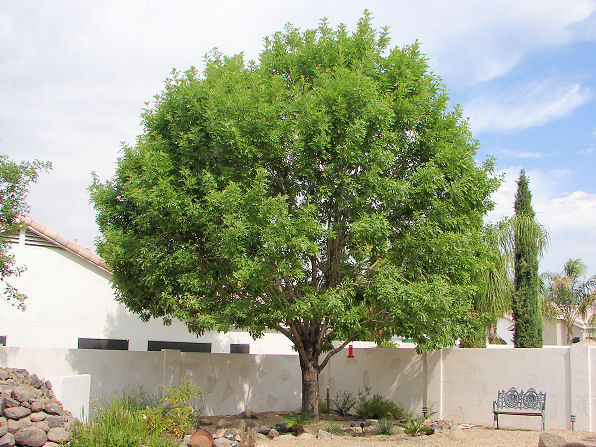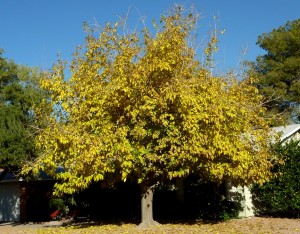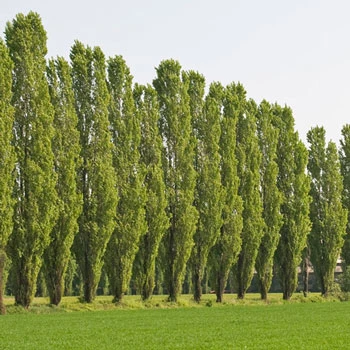
Ash are one of several tree pollens in Phoenix this month, the others being Juniper and mullberry
People use to move to Phoenix because allergies were bad in the cities that had lots of trees, along with water, and humidity. The desert was inhospitable to the plants that bothered them. Then people discovered to grow things in Phoenix all you needed was water, and the brown was replaced with verdant valley. The months of February, March, and April are the highest allergy months in Phoenix, with allergy levels falling rapidly once May comes. Daily I record the allergies on twitter @drterrysimpson or on my medical Facebook page (http://facebook.com/YourDoctorsOrders ) for people who suffer allergies to know what is coming.
It is important to know what is happening to you, because there are medications that are available.
There are over-the-counter medications to take for allergies such as Zyrtec, Claritin, and Benadryl (which causes drowsiness) and there are prescription medications like Singulair (montelukast) that work at a different level. Sometimes you need both medication types to decrease symptoms.
If it is a particularly high day you may need to supplement with inhaled steroids (advair) or oral steroids, or get some allergy shots. For people with severe asthma the use of rescue inhalers is common during this time of year.
Tree allergy levels fall rapidly when the temperature is over 100 degrees outside, as the pollen dies. Typically it takes four 100 degree days for the pollen to die sufficiently to not be a problem.
Allergists can begin a regimen of shots, that will take some time to help get over the allergies. For severe allergies, or people with asthma, this may be recommended. A number of physicians sell under-the-tongue drops, but those do not help with tree pollen only with ragweed and grass allergies.
Some recommend “local honey” to help reduce allergies. This is a form of oral immunotherapy, however, if you keep your mouth open during this time you will probably get plenty of oral pollens. Honey mostly does not work as well, and although the bees do collect pollen, including tree pollen – using local sourced honey is not as effective as allergy shots.
If you know which tree you have an allergy to it helps, or which grasses – so getting tested may be useful, but in broad terms, taking medication during high allergy season is the best way to keep comfortable.
Once you move to Phoenix it takes about three years before you build up a reaction to the allergies, so if you have been here for a few years and start to sniffle in March — welcome to Arizona!

All around the mullberry bush – or Morus Alba – this is a photo of one taken in December

Mullberry bushes have created so much pollen that the sale of male trees was band years ago- still there are enough trees in the valley to produce allergy problems

These juniper bushes were popular

